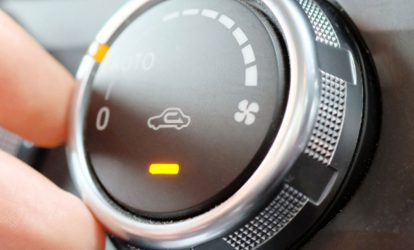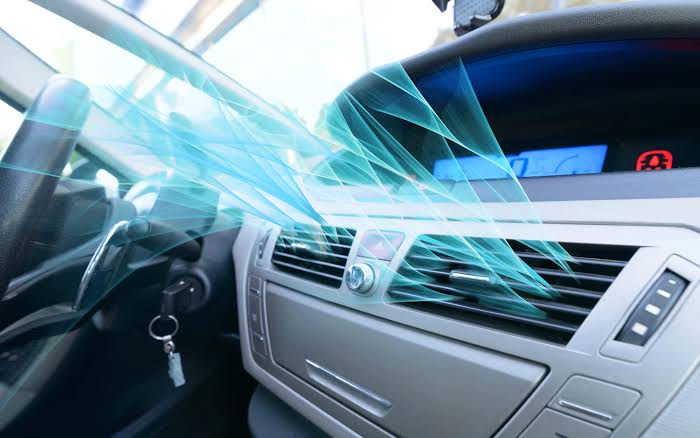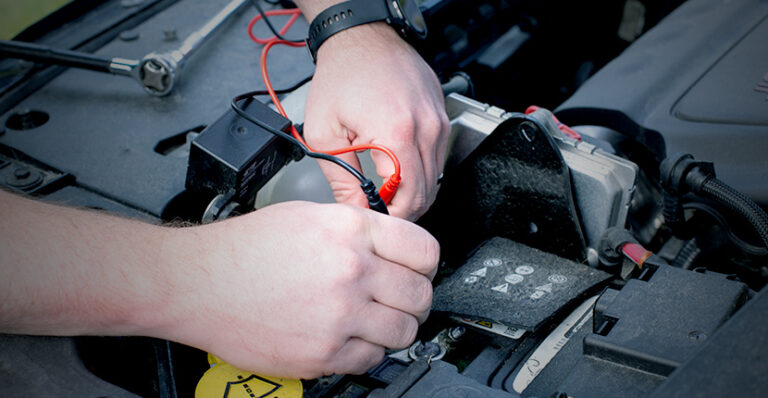Does Heat or AC Use More Energy?

When it comes to energy consumption in your vehicle, one of the most common questions is whether heating or air conditioning (AC) uses more energy. Both the heating and cooling systems in your car rely on energy from your engine, but the amount of energy they use can differ depending on various factors. In this article, we’ll break down how each system works, how much energy they consume, and which one tends to use more energy.
How Does the Car’s Heating System Work?
The heating system in your car uses the engine’s excess heat to warm the cabin. When you turn on the heater, a fan blows air through a system that pulls heat from the engine coolant. Since this heat is already generated as a byproduct of the engine running, it doesn’t require extra fuel to create heat. The only energy consumption comes from running the fan that blows the warm air into the cabin.
Energy Usage for Heating
- Minimal Fuel Use: The heater doesn’t burn additional fuel directly. It uses the heat produced by the engine.
- Fan Power: The fan that blows warm air into the cabin consumes electricity, but it is relatively low compared to the energy used by the AC.
How Does the Car’s Air Conditioning System Work?
Unlike the heater, the air conditioning system in your car requires more energy to cool the cabin. The AC works by using a compressor to circulate refrigerant and cool the air. This compressor is powered by the engine, and as the system works to remove heat from the inside of the car, it needs additional energy, which means more fuel consumption.
Energy Usage for AC
- Fuel-Consuming Compressor: The AC compressor requires significant power to function, which draws energy directly from the engine. This increases the engine’s workload and fuel consumption.
- Air Circulation: Similar to the heating system, the AC also uses a fan to circulate cool air through the cabin, but the compressor is the primary energy drain.
Which Uses More Energy: Heat or AC?
In terms of overall energy consumption, air conditioning (AC) tends to use more energy than heating.
Reasons Why AC Uses More Energy
- Compressor Power: The AC compressor, which cools the air, consumes a significant amount of energy. This makes the AC system more demanding on the engine and, consequently, on fuel.
- Fuel Requirement: Unlike the heating system, which relies on excess engine heat, the AC requires additional power from the engine to operate the compressor and refrigerant cycle, increasing fuel consumption.
- Air Circulation Load: The fan in the AC system is more powerful than the fan in the heating system since it has to blow cool air throughout the cabin, increasing electricity consumption.
Heating System Efficiency
The heating system uses the engine’s waste heat, so there’s little additional load on the engine. While the fan does consume power, it doesn’t require much fuel to operate the heater.
Real-World Usage
In real-world driving conditions, you may notice a greater impact on fuel economy when using the AC, especially in hot weather when the system is working harder to cool the cabin. On the other hand, the heater’s impact on fuel consumption is less noticeable because it’s simply using heat that’s already being produced by the engine.
How Can You Reduce Energy Consumption from Heat and AC?
While you can’t entirely avoid using energy for heating or air conditioning, there are ways to minimize their impact on fuel efficiency:
Tips to Save Energy When Using AC
- Use AC Wisely: Use the AC when necessary, especially during extremely hot weather. Try opening windows when the temperature is mild.
- Pre-Cool Your Car: If you’re parked outside in the sun, use a window shade or crack the windows to help cool the car down before turning on the AC.
- Use Recirculate Mode: Use the recirculate function to cool the air inside the cabin without bringing in more warm air from outside.
Tips to Save Energy When Using Heat
- Pre-Warm Your Car: Start the car a few minutes before driving to let the heater warm up naturally without using excessive power.
- Dress Appropriately: If the weather is cold, wearing warmer clothes can allow you to use less heating and maintain comfort.
- Insulate Your Car: Keeping the cabin well-insulated will help maintain the heat longer, reducing the need for the heater to work as hard.
Conclusion
To sum it up, air conditioning (AC) generally uses more energy than heating in your vehicle. This is due to the additional power required to run the AC compressor and circulate refrigerant to cool the cabin. The heating system, on the other hand, uses waste heat from the engine and has minimal energy consumption.
While both systems impact fuel economy, using AC tends to have a more noticeable effect on your vehicle’s fuel consumption. Therefore, to save energy and improve fuel efficiency, it’s best to use both heating and AC systems wisely and efficiently.
Also Check:





